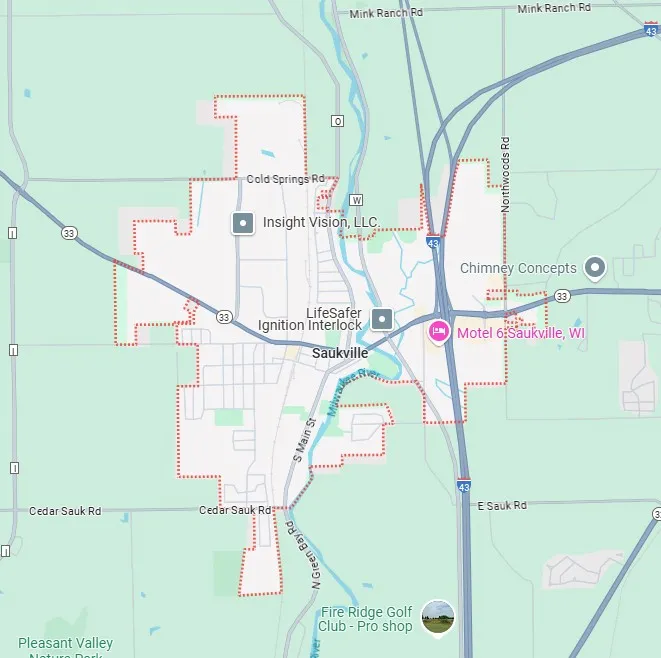Mon – Thursday 7:00am - 4:00pm
Get A Free Quote
In Saukville, WI, where suburban charm meets scenic surroundings, property owners count on Turf & Tree Worx to keep their landscapes healthy, inviting, and ready for every season. We’re proud to offer full-service landscaping, lawn care, tree maintenance, and snow removal to homeowners and commercial clients across the Saukville area.
With over 30 years of experience in Southeastern Wisconsin, our team brings local knowledge, proven techniques, and a commitment to quality that sets us apart. Whether you’re upgrading your outdoor living space or simply want help keeping your lawn in top condition, we have the tools, training, and customer-first attitude to get it done right.
At Turf & Tree Worx, we don’t just install plants—we design outdoor spaces that reflect your style, improve your property’s value, and make your life easier. Our professional landscape design and installation services can turn even the most basic yard into a stunning, functional environment.
Our Saukville landscaping services include:
We create customized plans to match Saukville’s local climate and natural aesthetic while fitting your property’s unique features and layout.
A healthy lawn is the foundation of a great landscape, and we make it easy for Saukville residents to enjoy green, weed-free turf without the hassle. Our lawn care programs are tailored to the specific needs of your grass and soil type, ensuring reliable results all year long.
Lawn care services in Saukville include:
We combine science-based treatments with practical maintenance for thick, resilient turf that thrives in Wisconsin’s seasons.
Trees provide shade, beauty, and environmental benefits—but they also require regular care and attention. Our certified arborist leads a team of experienced tree professionals who provide full-service tree health and safety solutions.
Tree services we offer in Saukville:
We care for your trees with safety, precision, and long-term health in mind—whether they’re decorative ornamentals or large shade trees.
Winter weather can be unpredictable, but your snow removal plan doesn’t have to be. Turf & Tree Worx offers fast, effective snow plowing and ice control in Saukville to keep your home or business safe and accessible.
Our winter services include:
We respond quickly and efficiently—so you’re never stuck waiting during a Wisconsin snowstorm.
Our reputation is built on trust, integrity, and reliable results. We don’t just show up—we show up prepared to exceed expectations.
Ready to improve your lawn, upgrade your landscaping, or plan for winter snow removal? Contact Turf & Tree Worx today to request a free estimate for services in Saukville, WI. Let us take care of your outdoors so you can enjoy them more.
